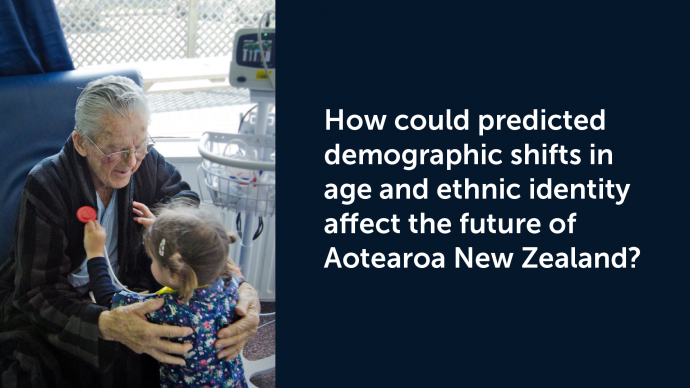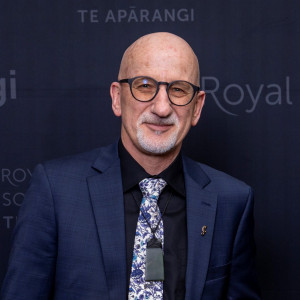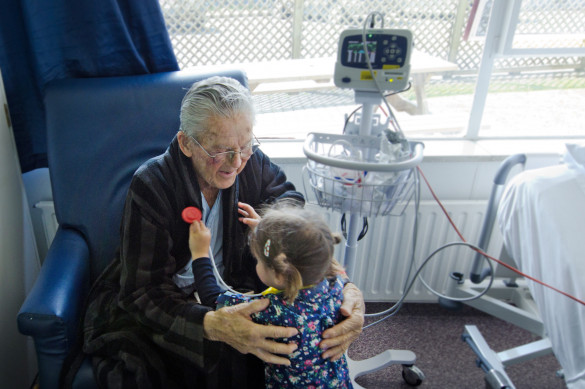Expert perspective: Emeritus Professor W Murray Thomson CNZM FRSNZ

Emeritus Professor W Murray Thomson CNZM FRSNZ, one of New Zealand’s most distinguished experts in dental health, highlights the increasing need for oral care for older people:
Oral health implications
"That New Zealand’s population is ageing has implications for the way in which we think about and deliver oral health services. Not only are there more older people year on year, but a higher proportion than ever before have retained at least some of their natural teeth (in contrast to the middle of last century, when New Zealand had the highest proportion of adults wearing complete dentures). They are entering old age with the accumulated burden of a lifetime’s oral disease, and dental caries (“tooth decay”) continues to affect their remaining teeth, at an average rate of one newly-affected surface per year.
Consider, too, that half of older New Zealanders will spend their final years in aged residential care, where the tooth-decay rate over time is more than twice that seen in those living in the community, and twice that again among people with dementia. The rapid decay and disintegration of the remaining dentition is likely, along with pain and discomfort affecting the ability to eat and stay adequately hydrated, and the threat to life from aspiration pneumonia as a result of inhaling fragments of teeth or calculus (“tartar”).
Historically, New Zealand has chosen to concentrate a high proportion of its public sector oral health care resources on those younger than 18 years old. When that system was designed just over a century ago, tooth-decay rates among children and adolescents were high. Neither toothpaste nor the water supply had adequate fluoride levels, and access to dental care was limited (and the high-speed drill had yet to be invented). Moreover, it was socially acceptable for adults to undergo surgical removal of the entire dentition and its subsequent replacement with complete dentures. Most of those who did make it to old age with their own teeth were the social elite with the wherewithal for sustained, life-long contact with regular dental care; their low disease rates would have reinforced the misconception that tooth decay afflicted only younger people.
Times have changed.
Each year, the number of older New Zealanders at risk grows, yet there is still no systematic provision of appropriate oral care for older people, especially those in aged residential care.
The private-provision model (and associated market failure) and a lack of access to state-funded oral care for low-income adults (other than a small amount for emergency dental care) means that high proportions of adults have inadequate dentitions and poor oral health before they reach old age or even enter aged care. Moreover, Māori and Pasifika are disproportionately affected. Perhaps it is time that we redesigned our oral health care system so that it actually meets the needs of New Zealanders."
Published May 2025
 Emeritus Professor Murray Thomson CNZM FRSNZ is widely recognised for his contributions in oral epidemiology and dental public health research, and for his involvement in the Dunedin Multidisciplinary Health and Development Study. He has the rare honour of two separate Distinguished Scientist Awards from the International Association for Dental Research and is Editor-in-Chief of Gerodontology.
Emeritus Professor Murray Thomson CNZM FRSNZ is widely recognised for his contributions in oral epidemiology and dental public health research, and for his involvement in the Dunedin Multidisciplinary Health and Development Study. He has the rare honour of two separate Distinguished Scientist Awards from the International Association for Dental Research and is Editor-in-Chief of Gerodontology.

